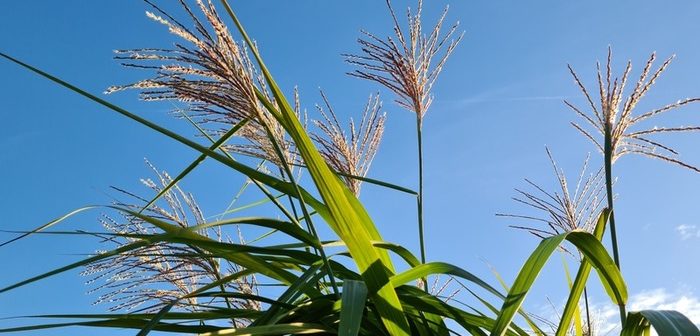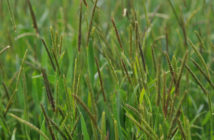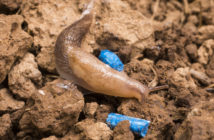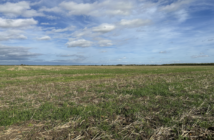Optimising miscanthus establishment to identify efficiency improvements and cost reductions to achieve environmental gains, has been explored through a BEIS-funded project.
OMENZ (Optimising Miscanthus Establishment through improved mechanisation and data capture to meet Net Zero targets) analysed the entire establishment pipeline of Miscanthus including approaches to producing planting material, field preparation, machinery and techniques for planting, and technologies used to monitor early-stage growth.
Led by Miscanthus specialists, Terravesta, OMENZ’s aim was to facilitate greater planting of the perennial bioenergy crop, increasing the capacity of agriculture to further contribute to net zero targets.
Knowledge gap
Dr Michael Squance, Science and Technology Director for Terravesta, said: “Miscanthus is a relatively new crop, non-native to the UK. This means that compared to other crops, there is a knowledge gap and further research is needed to better understand its physiology in order to exploit its unique characteristics.
“Due to the growing demand for decarbonisation of agriculture and the rapidly emerging bio-economy, we need to ensure more biomass feedstocks such as Miscanthus are available.
“Research so far has exposed innovative areas for automation such as rhizome production and planting operation, as well as identify potential rhizome treatments to enhance germination. We’ve reviewed current seed screening methodologies and proposed approaches to improve seed quality.
“Next, we worked to develop a requirement matrix to determine the suitability of land, as well as identify min-till machinery to use during land preparation to reduce the carbon footprint.
“Finally, our research has developed a rhizome counting prototype to install on planters, as well as identify effective uses of artificial intelligence (AI) to ensure success and reduce inefficiencies.”
Partnership
OMENZ is the outcome of BEIS’s Biomass Feedstocks Innovation Programme Phase 1, of which £4 million of funding was awarded to organisations to develop project proposals that deliver commercially viable innovations in biomass production.
The work was completed in partnership with Crop Health and Protection (CHAP), Cranfield University, Energene Seeds Ltd, Liverpool John Moores University, Salmac Ltd, Ystumtec Ltd and University of Lincoln.
If successful in Phase 2 of funding, OMENZ will then trial a range of new automation technologies, as well as utilise drones and machine learning to quantify the crop’s establishment.
CHAP oversaw the project management of OMENZ. CHAP’s Technical Liaison Officer, Dr Laura Cumplido-Marin, said: “It was a pleasure to take part in OMENZ alongside such a committed project team.
“Having the opportunity to continue the work started in Phase 1 will be crucial in order to increase biomass feedstocks in the UK.”
The Biomass Feedstocks Innovation Programme is funded from the BEIS Net Zero Innovation Portfolio. To access the full project report, visit the BEIS website.




